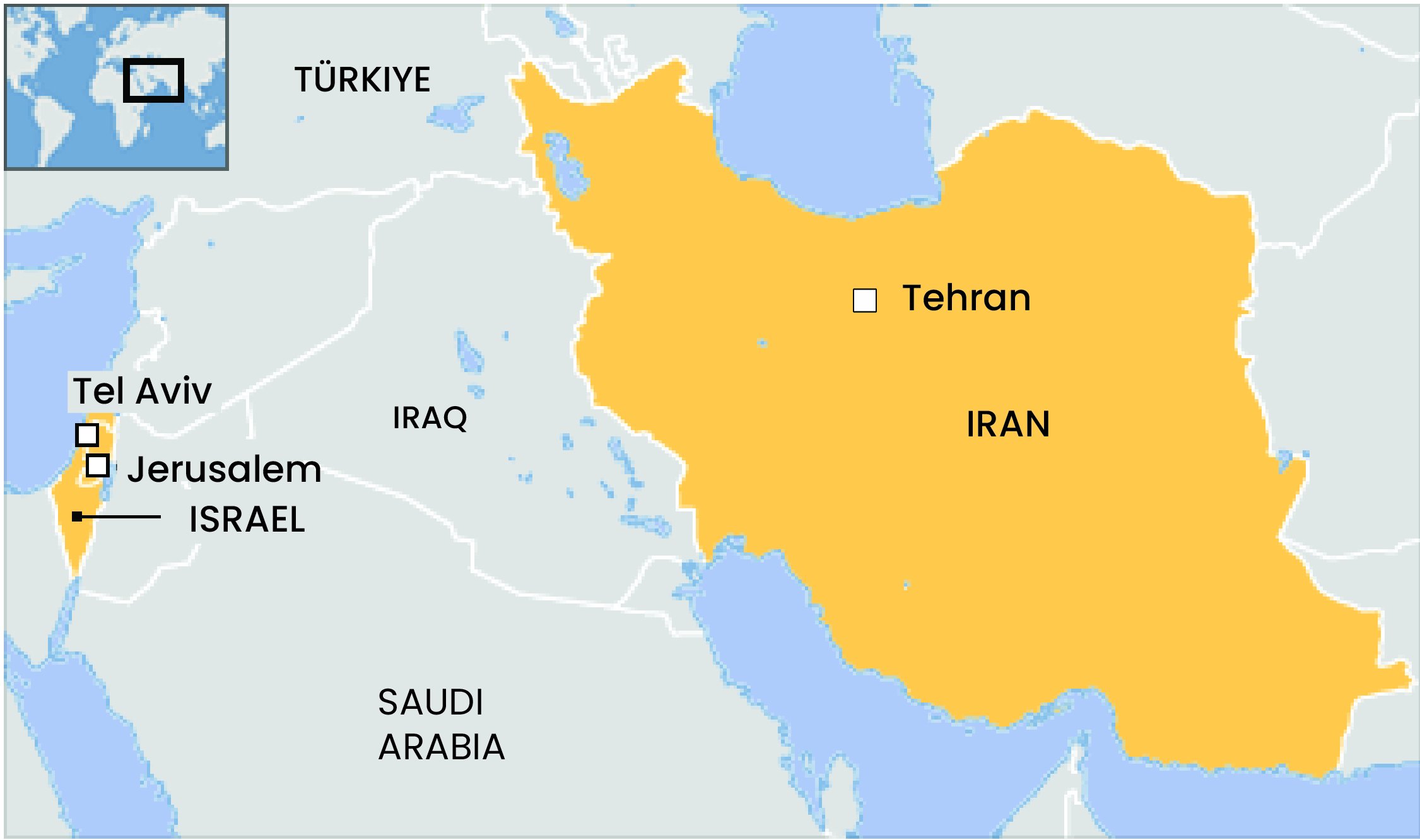Recent escalation of tensions between Iran and Israel, following assassination of leaders of Hamas and Hezbollah (groups backed by Iran), has spurred the US and other regional powers to step up diplomacy to prevent an all-out war in West Asia.
- India, however, faces a foreign policy dilemma as it has key interests to pursue with both the countries.
India’s stakes in the region

- Energy security: Gulf- West Asia- North Africa region contribute over 2/3rd of India’s total imports of crude oil.
- Diaspora and remittances: There are around 8 to 9 million Indians in West Asia with countries like UAE, Saudi Arabia, Kuwait, Oman, etc., among top sources of inward remittances.
- Strategic: Implementation of projects such as India-Middle-East-Europe Economic Corridor, Chabahar Port (Iran), etc.
India’s Foreign Policy towards West Asia
- ‘Extended Neighbourhood’: India considers the Gulf region as part of its ‘extended neighbourhood’. Iran has been defined as a part of India’s ‘proximate neighbourhood.’
- Look West Policy: Adopted in 2005, to deepen cooperation with West Asian countries and meet India’s national interests in the region.
- Policy of de-hyphenation: India has adopted the policy of de-hyphenation vis-à-vis its relations with Israel and Palestine.
- Policy of de-hyphenation essentially emphasizes on separate and independent diplomatic relations, between two countries having adversarial relations, based on merit.





